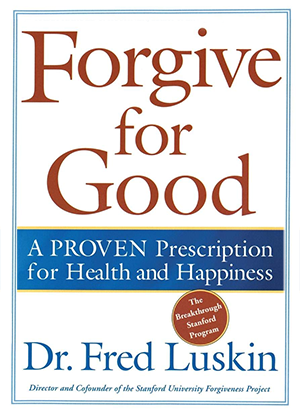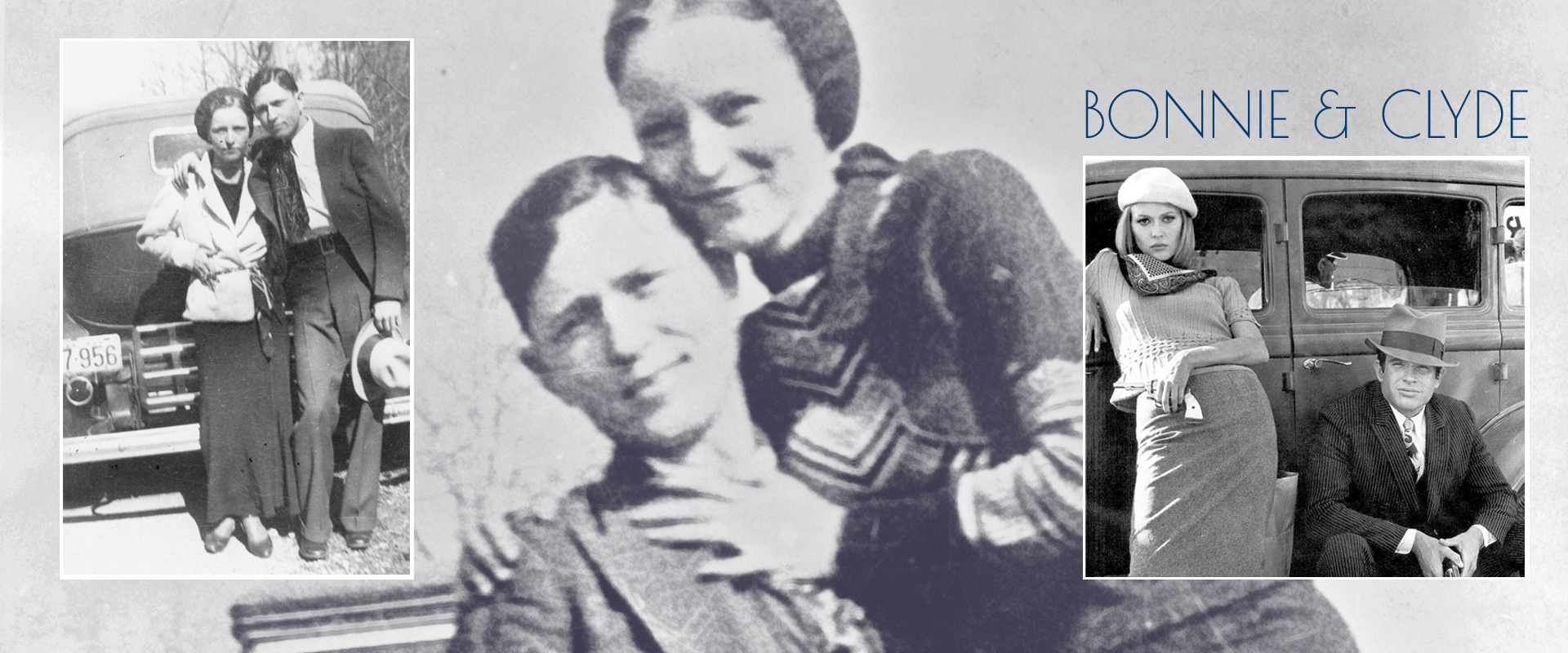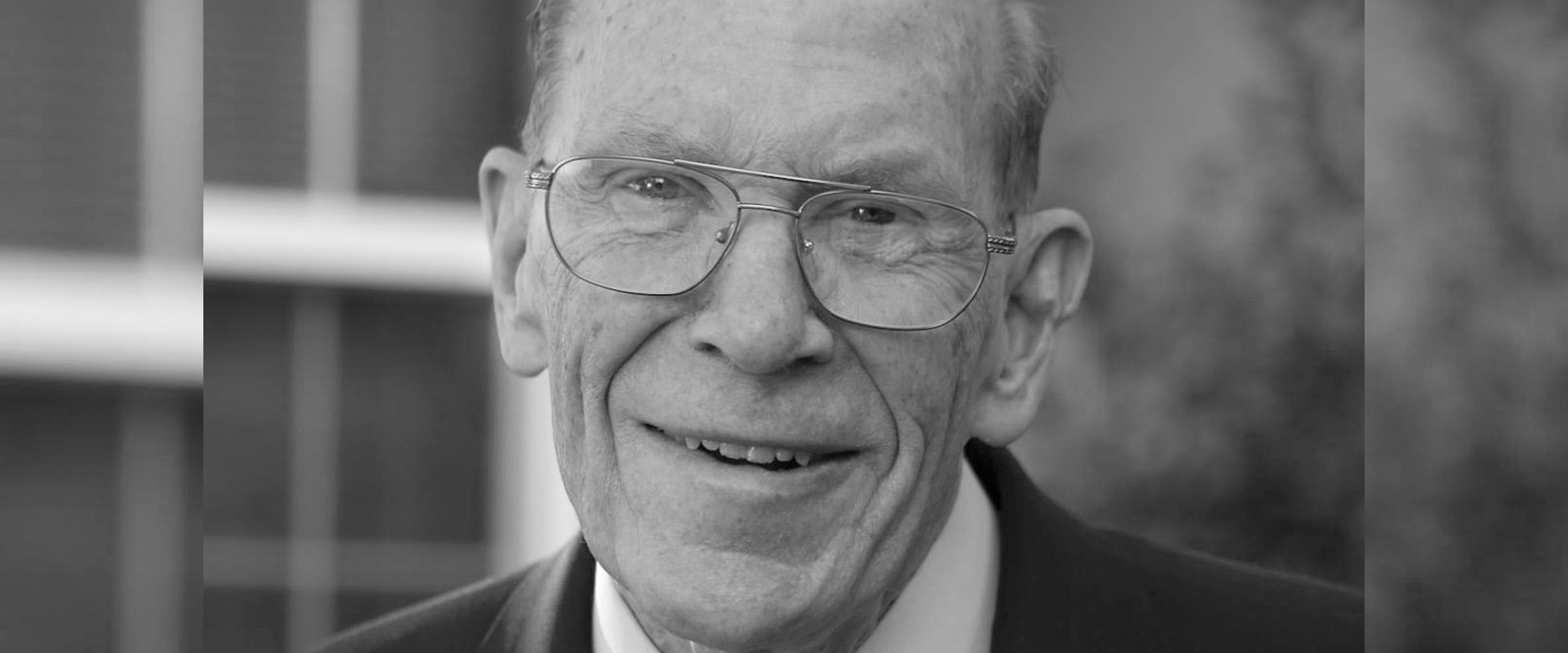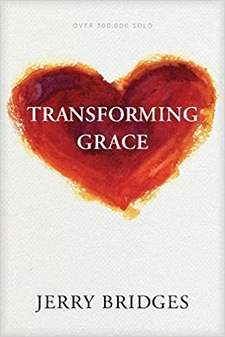An Ancient Example of Forgiveness
The first time the word forgive appears in the Bible is in the final chapter of Genesis, when Joseph receives a message from his late father, saying…
“I ask you to forgive your brothers the sins and the wrongs they committed in treating you so badly.” (Genesis 50:17)
His brothers had been worried about it. They wondered…
“What if Joseph holds a grudge against us and pays us back for all the wrongs we did to him?” (Gen 50:15)
It had been more than 30 years, but they knew that didn’t matter. Joseph could have held on to the hurt all this time; he could have waited until this moment to exact his revenge.
Instead, Joseph did the unexpected.
When their message came to him, Joseph wept. (Genesis 50:17)
I don’t know why Joseph wept. Was he just now letting go of the hurt? Was he just now finishing the process of forgiveness that he had begun years before?
Who knows? Forgiving others sometimes takes time.
But he refused to let the past ruin the future. He said to his brothers…
“Don’t be afraid. I will provide for you and your children.” And he reassured them and spoke kindly to them.” (Genesis 50:21)
Joseph spent his final years in peace, surrounded by his family, his brothers and their children.
And his perspective on the past?
“You intended to harm me, but God intended it for good to accomplish what is now being done, the saving of many lives.” (Genesis 50:20)
The hurts of decades past may still sting like they happened yesterday. It may be tempting to hang on to them just a little bit longer …
…but if you’re willing to let go of yesterday’s pain, you can experience the peace of God’s presence today.
And tomorrow, too.






 Last week’s Monday Memo (
Last week’s Monday Memo (


